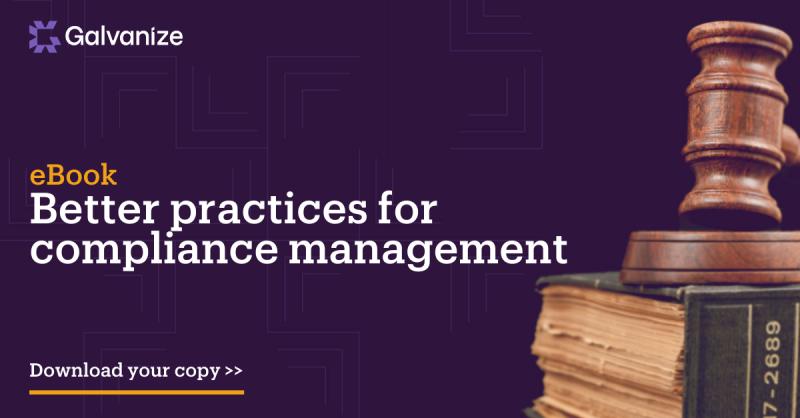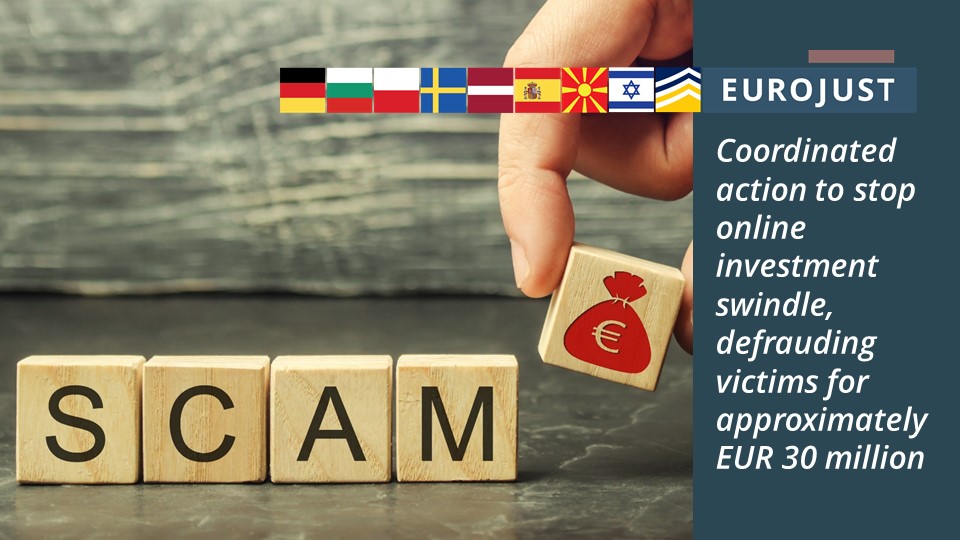The European Commission recently adopted the EU Action Plan: “Towards Zero Pollution for Air, Water and Soil” – a key deliverable of the European Green Deal and the main topic of this year’s EU Green Week. It sets out an integrated vision for 2050: a world where pollution is reduced to levels that are no longer harmful to human health and natural ecosystems, as well as the steps to get there. The plan ties together all relevant EU policies to tackle and prevent pollution, with a special emphasis on how to use digital solutions to tackle pollution. Reviews of relevant EU legislation are foreseen to identify remaining gaps in EU legislation and where better implementation is necessary to meet these legal obligations. Continue reading…
The message is clear: organisations must be held accountable for their social and environmental footprint. Therefore, it’s inevitable that speaking up becomes the next social…
Download whitepaper











